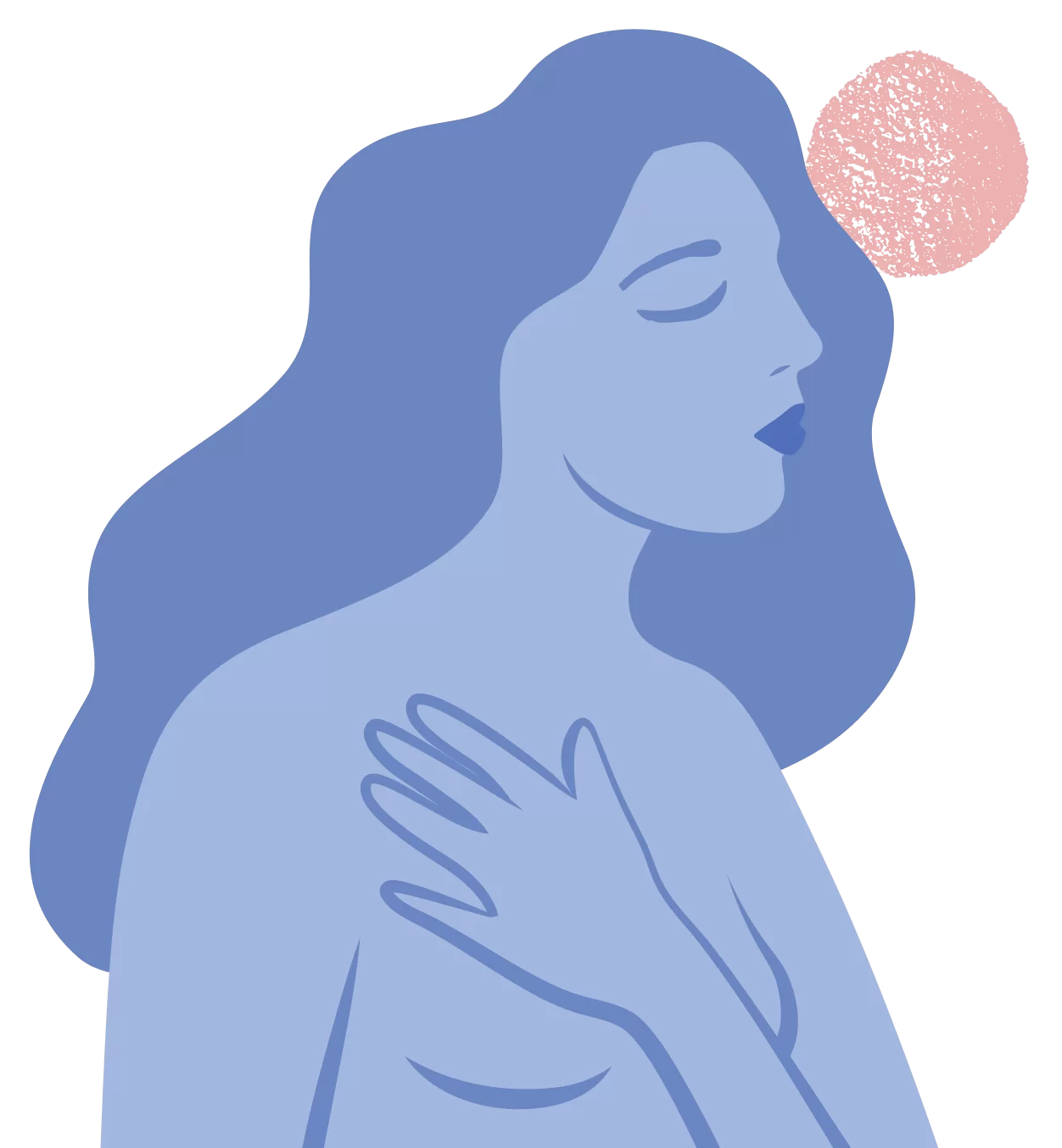Countless ways to care for your every phase.

Pandia’s goal is to find the right hormonal care for your body. Start now and get expert care from our doctors, plus get your prescriptions delivered free to your door.
Covered by most insurance
FREE Delivery
Easy refills & follow-ups
Hormones matched to your biology
Online doctor consults
Personalized treatment plans
FDA approved
Doctors specializing in hormone care
24/7 Support
Covered by most insurance
FREE Delivery
Easy refills & follow-ups
Hormones matched to your biology
Online doctor consults
Personalized treatment plans
FDA approved
Doctors specializing in hormone care
24/7 Support

Hormones are invisible chemical messengers that help your reproductive system stay on track. Sometimes they need an extra boost. So whether you're trying to prevent painful periods, do family planning, smooth out menopause symptoms, or more— hormone therapy matched to your biology can help bring the balance you’ve been looking for.
Empower Your Health JourneyHormonal Balance
Birth Control
Sexual Wellness
Hormonal Balance
Birth Control
Sexual Wellness
Tell us about your hormonal care needs including your goals, health history, lifestyle, and biological factors.
Our expert hormonal health doctors will thoroughly assess your case and match you with the right prescription.
We deliver your medications free of charge—always. Because taking care of yourself should be hassle-free.
Online refills are easy! Plus, you have the option to check back in and make sure your plan is working.
For medications we accept most insurance, including but not limited to:






of patients stick with their first treatment plan at 10 weeks because we know what works
Making care accessible for every person, at every phase.
We have deep experience meeting the diverse needs of patients, providing unique care they trust.
Pandia makes life easy with no trips to the doctor and free, discreet delivery.
Have peace of mind knowing our doctors are board-certified in reproductive health, specializing in hormonal care, a distinction in the field.
By combining science with leading technology, we help you reduce the trial and error that’s so common with hormonal care.


Pandia utilizes the latest medication matching technology and clinically proven research to prescribe the safest treatment route for you.
We deliver precise care—by leveraging millions of data points and taking your lifestyle, age, body type, and gender expression into account. Then we make a personalized plan tailored to your needs.
We listen to the collective stories and experiences of women, using that data to create a new approach to hormonal care. Matching your health goals with available options, we find what makes you feel like you again.

We're a doctor-founded, women-led company. Our board-certified physicians have a long history of both treating and researching reproductive and hormonal health issues. We started Pandia in the spirit of making women's healthcare personalized and easy to access. We continue because this is the standard of care we want for our daughters, our friends, and ourselves.
Meet Our Doctors

No more endless trial and error looking for the right medication. Find out what a personalized care journey can do for you.
Get Started